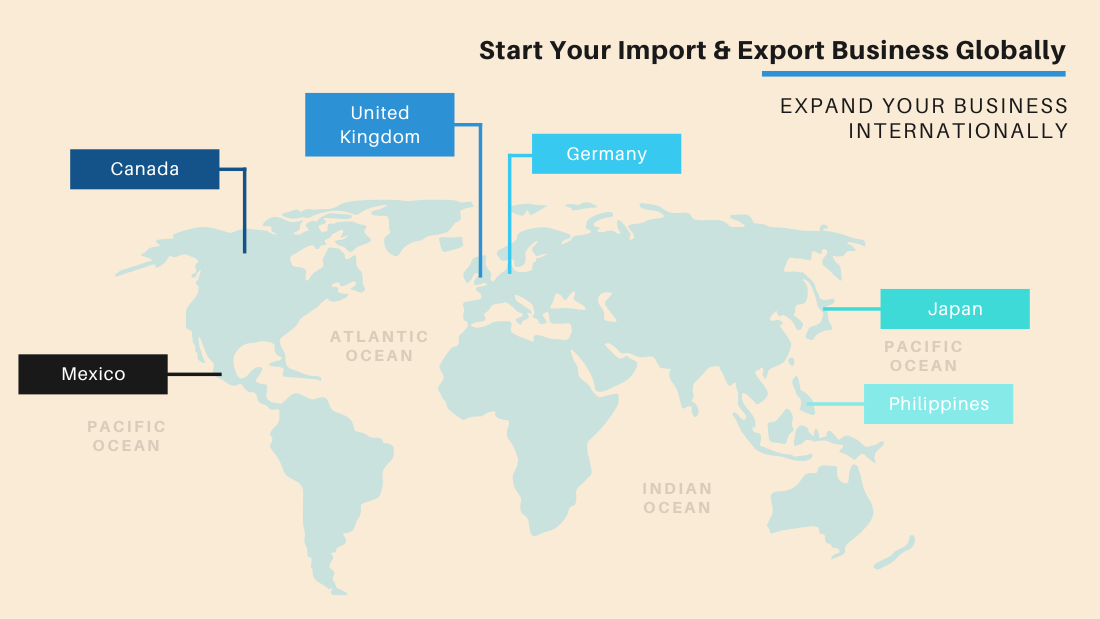How to Start an Import and Export Business Globally
How to Start an Import and Export Business Globally
Starting an import and export business can be one of the most rewarding opportunities for entrepreneurs who want to connect with the world. With international trade growing rapidly, small and medium businesses are no longer limited to local markets. Thanks to online B2B marketplaces like GoForExport, global buyers and sellers can now connect, negotiate, and expand internationally without huge investments.
Step 1: Understand Global Market Demand
The first step is market research. Identify products that have high demand in foreign markets but are competitively priced in your country. For example, Indian textiles, agricultural products, and machinery parts are always in demand in international markets.
Step 2: Register Your Business & Get Licenses
Every importer and exporter must comply with legal requirements. Register your company, get an Import Export Code (IEC), and understand customs regulations. These legal documents allow you to ship and receive goods worldwide.
Step 3: Build a Reliable Supply Chain
A successful export business depends on a smooth supply chain. Build strong relationships with manufacturers, wholesalers, and logistics providers to ensure timely delivery and product quality.
Step 4: Find International Buyers & Suppliers
Platforms like GoForExport help you connect directly with verified buyers and suppliers across the globe. Instead of spending thousands on international trade fairs, you can showcase your products online and start receiving inquiries instantly.
Step 5: Understand Payment & Trade Terms
Familiarize yourself with Incoterms (FOB, CIF, EXW, etc.) and international payment methods like Letters of Credit, Bank Transfers, or Escrow services. Secure payments protect you from risk in global trade.
Step 6: Market Your Products Globally
Use digital marketing tools—social media, SEO, and B2B directories—to promote your business worldwide. A professional website with clear product listings builds trust with buyers.
Step 7: Start Small, Then Expand
Begin with small shipments to build credibility and trust. As your relationships grow, expand your product range and target more countries.



